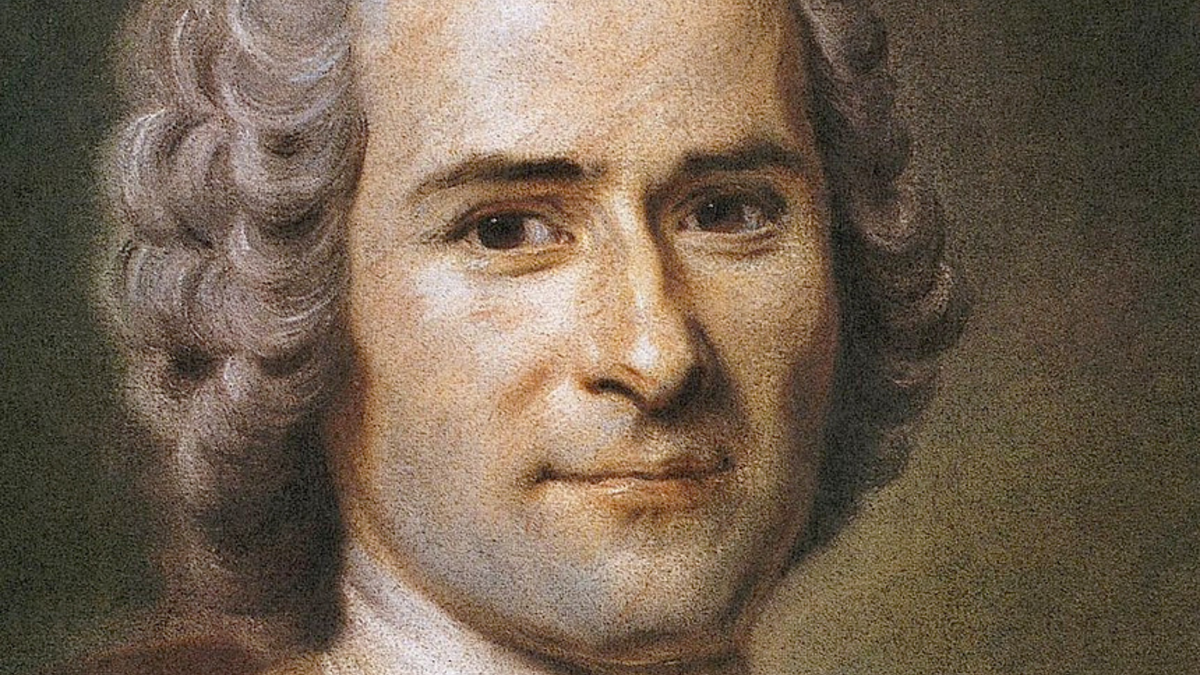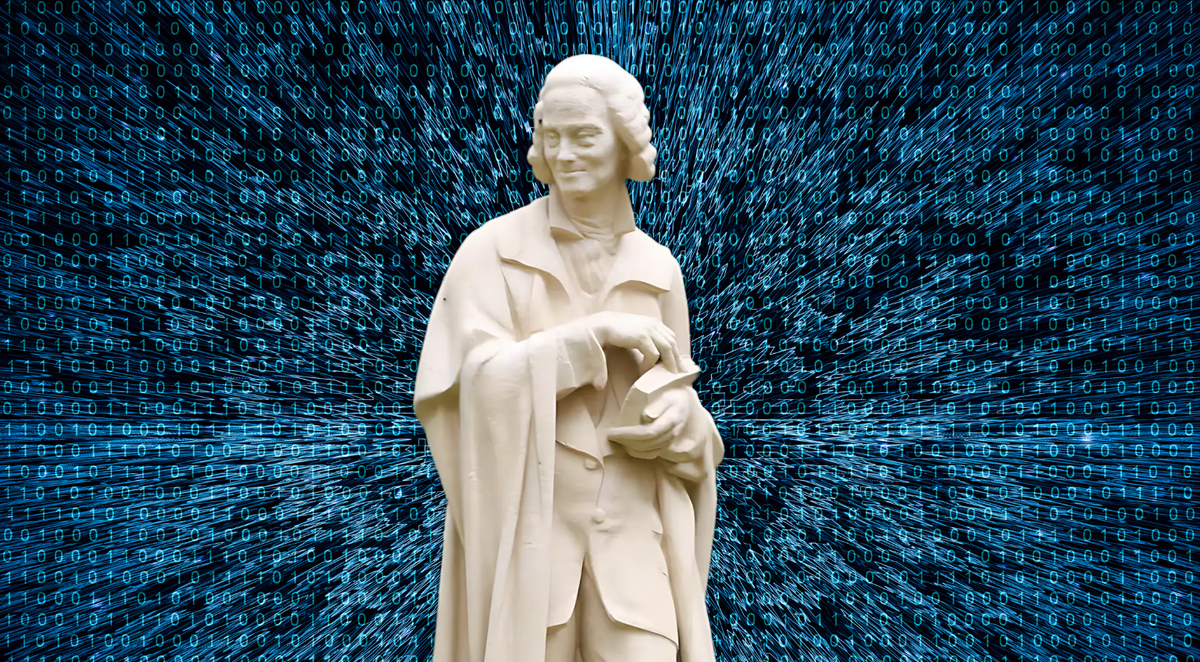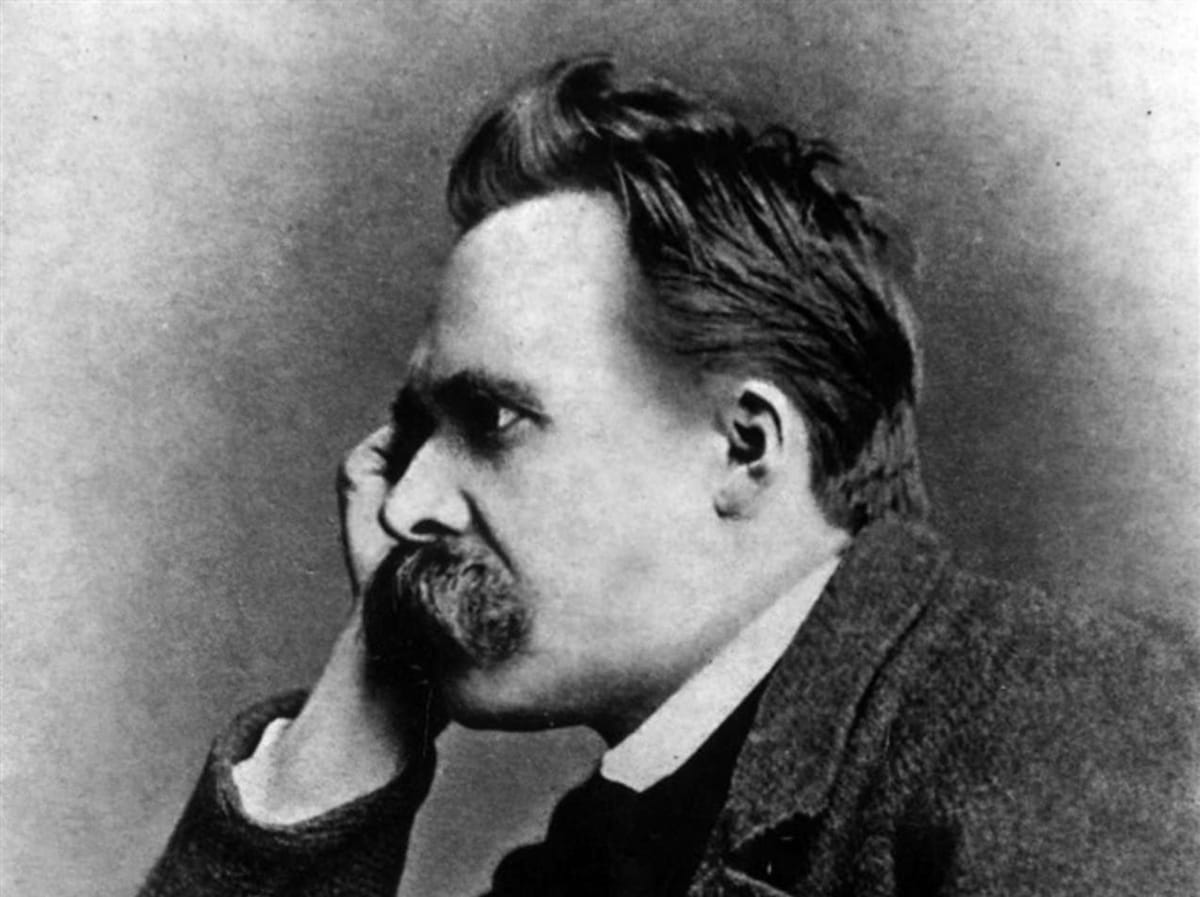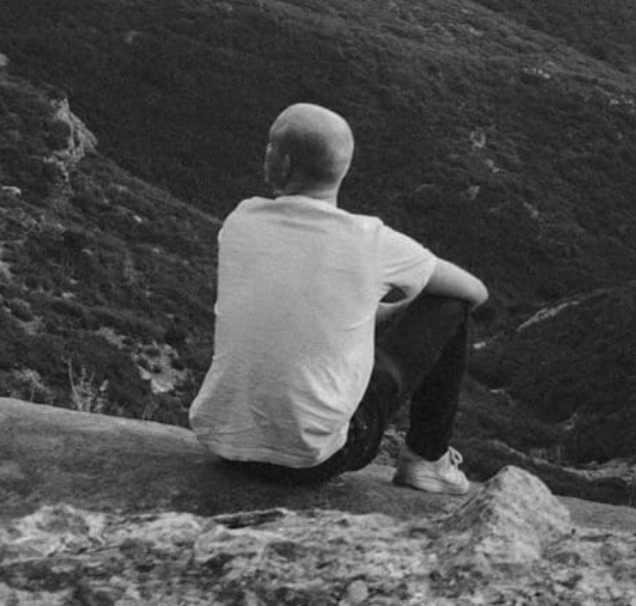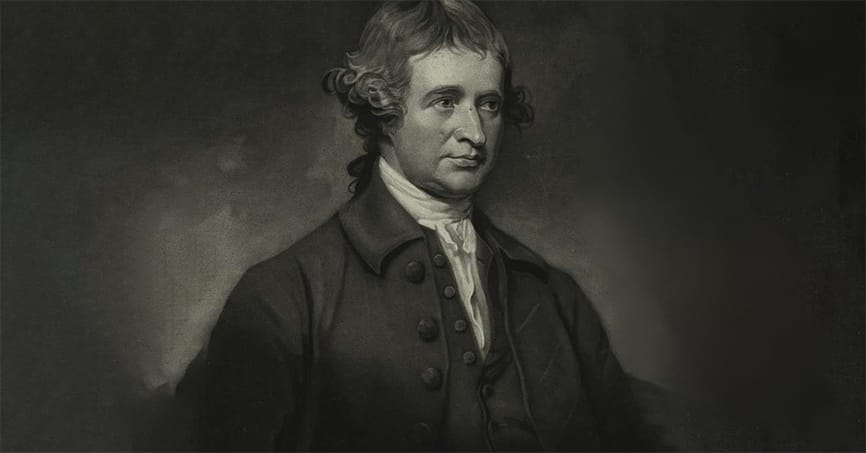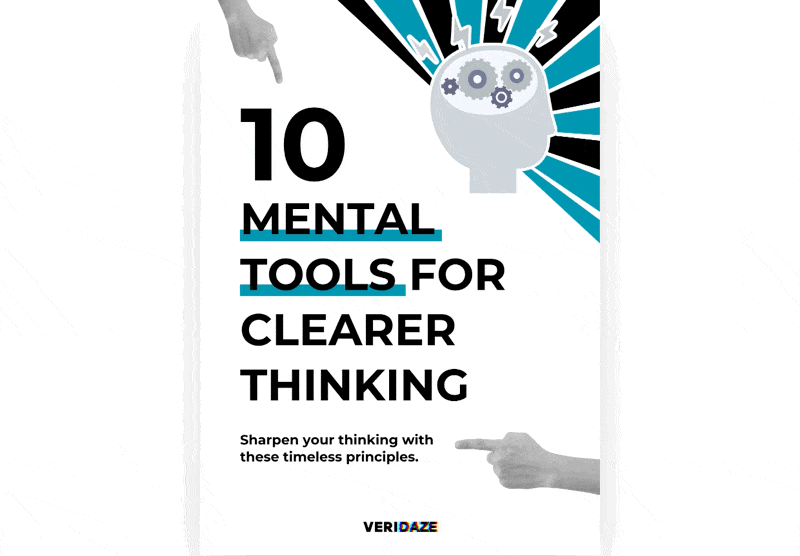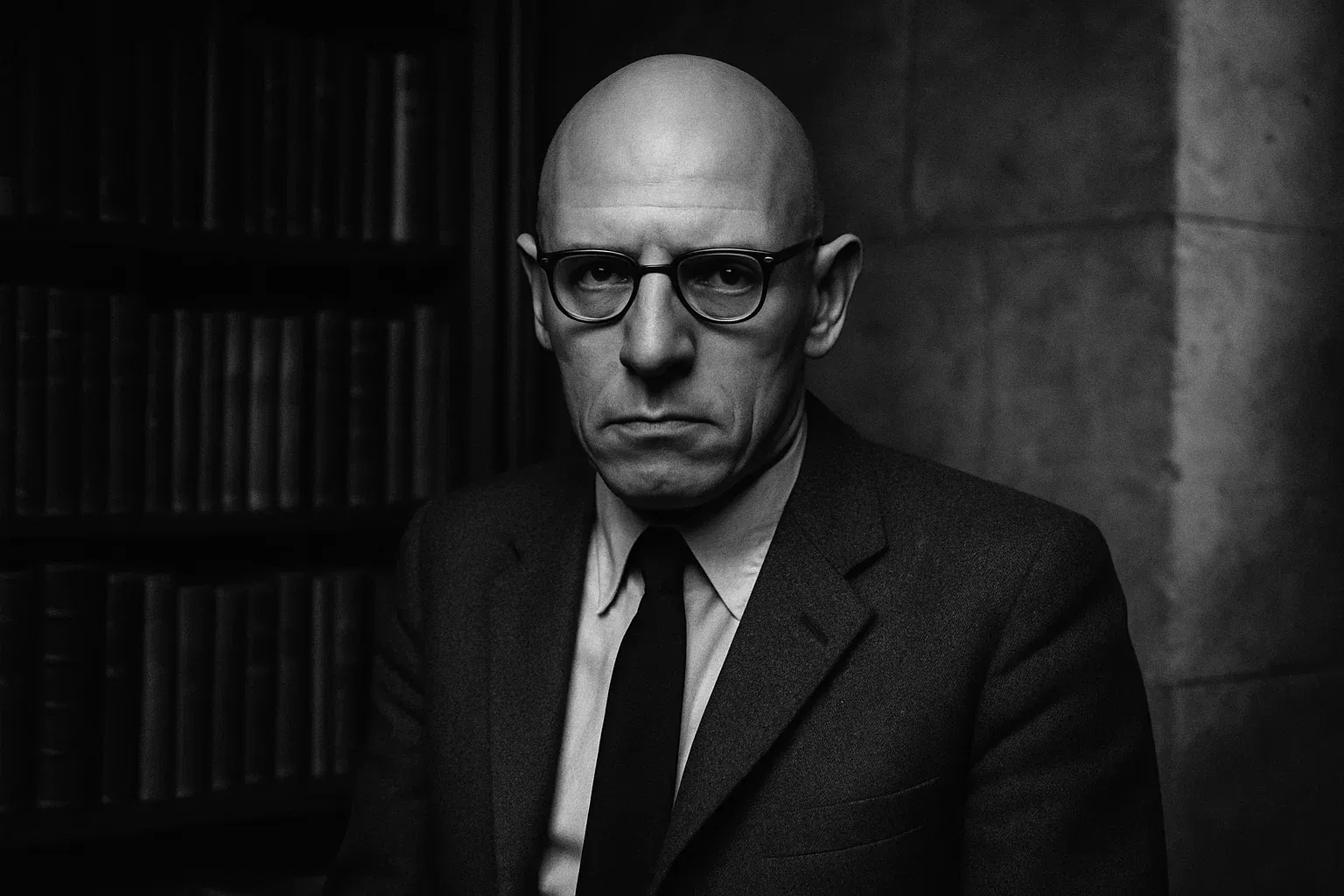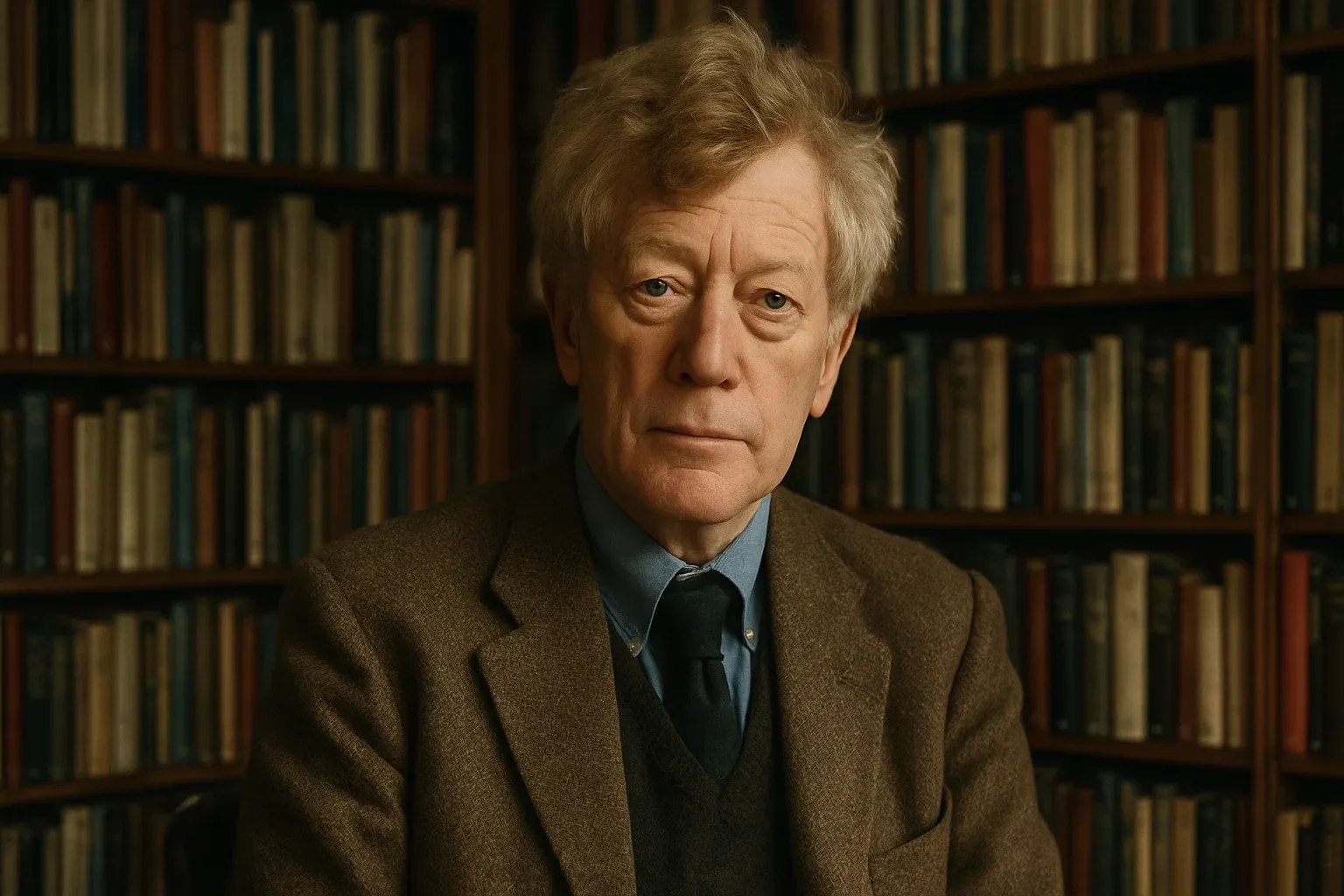He supported the American revolution but denounced the French. He defended monarchy but condemned tyranny. He revered tradition but didn’t fear reform. Edmund Burke didn’t offer a political doctrine so much as a temperament—one grounded in prudence, humility, and an unflinching awareness of human fallibility.
Today, amid renewed calls for revolution, the rise of ideological absolutism, and the romanticisation of social upheaval, Burke’s ideas feel startlingly fresh. His core insight—that tearing down institutions is easier than building them, and that sudden change is more likely to produce chaos than justice—has never been more relevant.
Born in Dublin in 1729, Burke straddled different worlds. He was Irish and British, Protestant and culturally Catholic, a man of letters who entered the brutal world of Westminster politics. His early career included journalism, philosophy, and a withering satire of Enlightenment rationalism. But it was in Parliament that Burke truly came alive. Over three decades, he championed causes that many today would associate with progressivism: justice for the American colonies, conciliation with Ireland, opposition to imperial abuses in India, and even early arguments against the slave trade.
Yet Burke is remembered above all for what he opposed: the French Revolution. His 1790 Reflections on the Revolution in France was a political thunderclap, attacking not just the violence of the revolutionaries but the radicalism of their ideas. He feared what happens when abstract ideals are prized above the accumulated wisdom of history—when reason severs itself from experience. To Burke, the revolution wasn't a brave break with the past; it was a dangerous illusion, a violent erasure of the social fabric in the name of human perfectibility.
It wasn’t that Burke believed in preserving injustice. Rather, he believed that justice could not be achieved by destroying everything that came before. Real reform, in his view, had to proceed slowly, organically, and with reverence for inherited structures. Liberty was precious, but liberty without order was anarchy. Rights mattered, but rights detached from duties risked degenerating into narcissism.
Think better. Get the FREE guide.
Join Veridaze and get 10 Mental Tools for Clearer Thinking — a free guide to cutting through noise, confusion, and nonsense.
Burke didn’t believe liberty meant doing as we please. He saw freedom without structure not as liberation, but as drift—something that quickly descends into chaos or narcissism. Rights, in his view, only made sense when tethered to responsibility. Once they detached, they lost their shape—and their soul.
That’s where Burke still speaks to us. In an age where slogans pass for politics and nuance is treated as betrayal, tradition is too often mistaken for tyranny. From leftist dreams of abolishing the police to right-wing fantasies of dismantling the state, both sides are enchanted by the idea of tearing things down. But for Burke, the real challenge wasn’t destruction—it was inheritance. It was knowing how to care for what you didn’t build. And knowing that reform, if it’s to last, must grow from the soil of what already exists.
He defies easy classification. Claimed by conservatives, admired by liberals, mistrusted by ideologues. But perhaps that’s what makes Burke so enduring: he wasn’t peddling a programme, he was articulating a mindset — one grounded in humility, restraint, and the quiet art of preserving what matters.
For Burke, politics wasn’t theatre, it was stewardship. The task wasn’t to remake the world overnight, but to care for what had been handed down — to mend what’s broken, keep what works, and resist the impulse to confuse wreckage with renewal.
In an age high on revolution, Burke still whispers an inconvenient truth: burning things down is easy. Building anything worth keeping is not.
Voltaire imagined truth as a sword against tyranny. Rousseau dreamed of nature as salvation. But Burke knew something harder and more enduring—that the future must be folded carefully into the past. It’s a sensibility that Roger Scruton later carried forward, with his own defence of beauty, order, and cultural memory. And it speaks today with surprising clarity to a world intoxicated by novelty and blind to the fragile ecology of meaning we inherit. If there’s a kind of wisdom in nature—in the slow growth of forests and the deep roots of old trees—then Burke was its political expression. Not a firebrand, but a gardener. And rarely have we needed one more.
Further reading
Reflections on the Revolution in France by Edmund Burke
Burke’s seminal defence of tradition and social continuity — a prophetic warning against ideological overreach that still resonates today.
The Great Debate by Yuval Levin
An illuminating contrast between Burke and Thomas Paine — and the philosophical roots of left vs right that shape today’s politics.
Edmund Burke: The First Conservative by Jesse Norman
Part biography, part intellectual history — a superb guide to Burke’s life, legacy, and continuing relevance in the 21st century.
Conservatism: An Invitation to the Great Tradition by Roger Scruton
Scruton’s elegant articulation of Burkean principles — defending the value of inherited wisdom, tradition, and cautious reform.
Political Reason: The Ethics of Conservatism by Marc Sidwell
A sharp, contemporary defence of political restraint and the moral foundations of conservatism in an age of extremes.
If you found this useful, consider subscribing for more thought-provoking articles. And feel free to share your take in the comments below.
You might also like:
